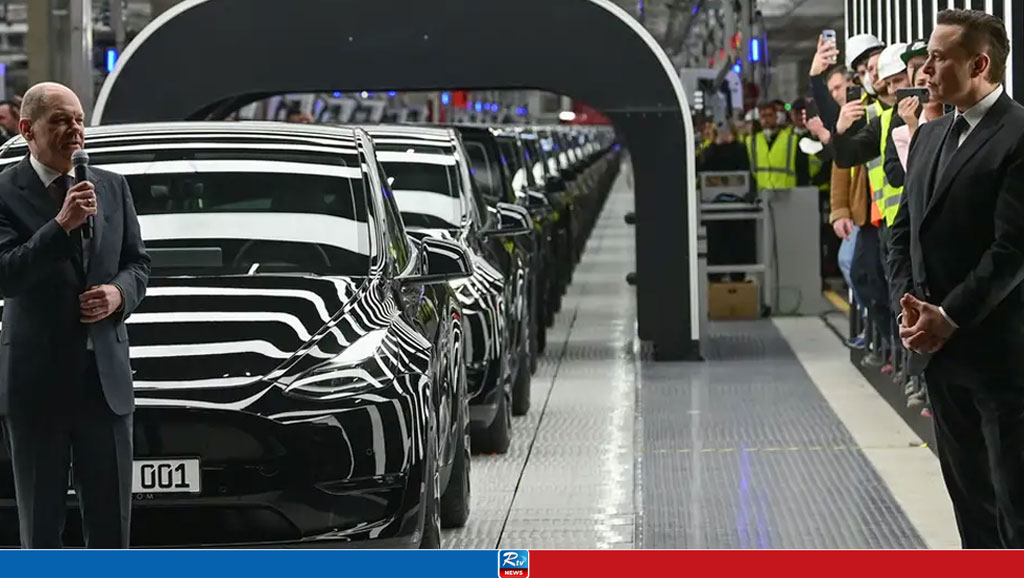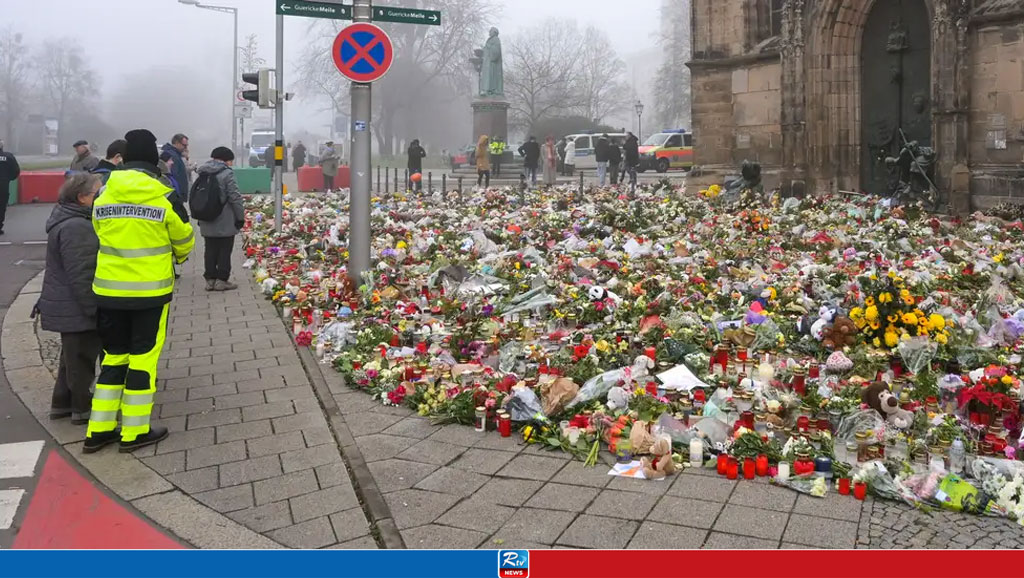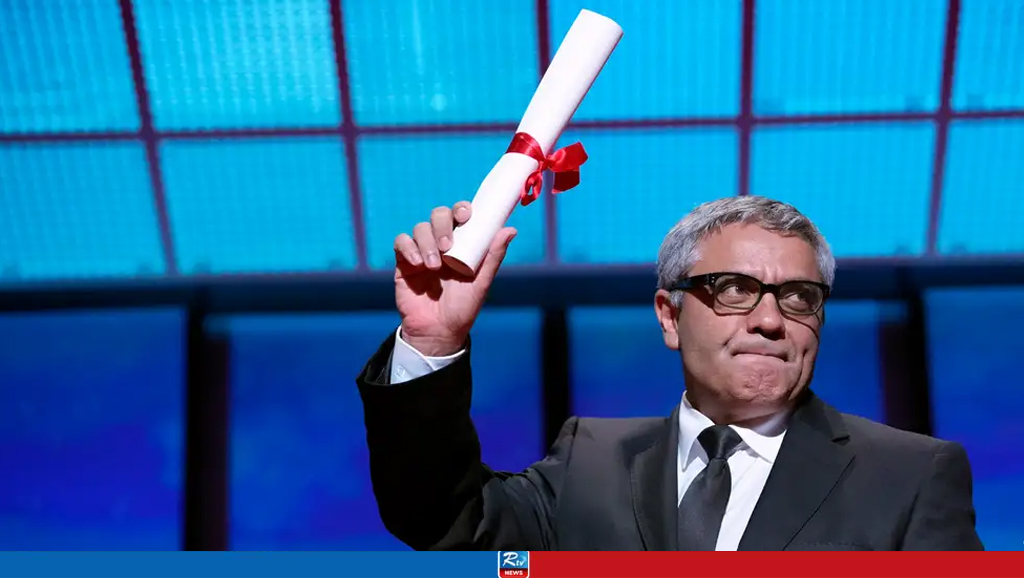Germany: Families gain more support in draft 2025 budget
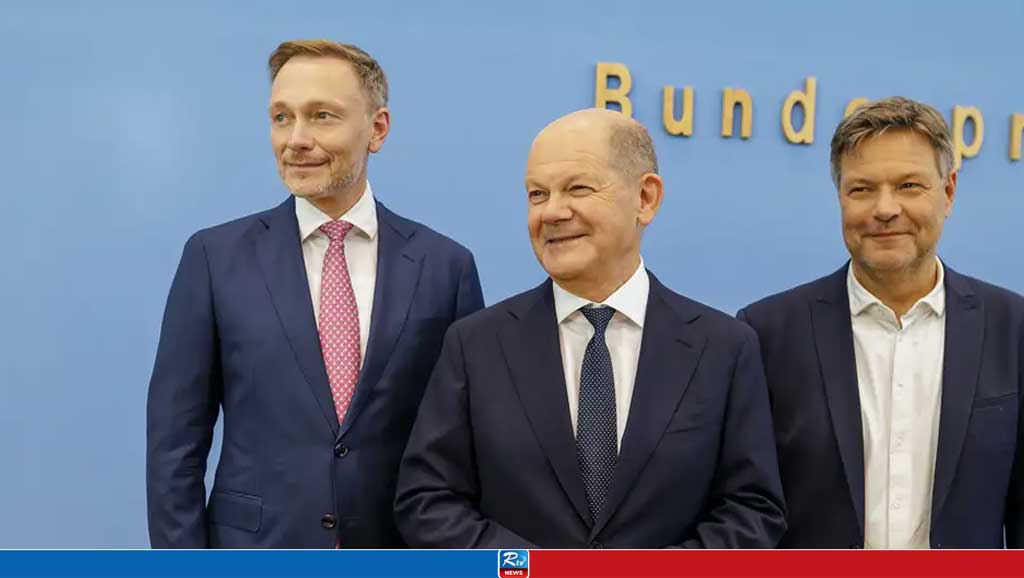
A draft budget presented by leaders from Germany's ruling coalition includes higher benefits for families. All three parties have indicated their satisfaction after tough negotiations.
Leaders from Germany's three-way ruling coalition on Friday presented a draft budget for 2025 that contains increased payments to families and more investment in kindergartens, along with more money for climate protection.
The successful negotiations have ended months of squabbling that threatened to tear the coalition apart, raising fears of a snap parliamentary election at a time when far-right elements in the country are fast gaining ground.
German Chancellor Olaf Scholz of the center-left Social Democrats (SPD), Economy Minister Robert Habeck from the environment-friendly Greens and Finance Minister Christian Lindner of the neoliberal Free Democrats (FDP) negotiated into the early hours of Friday morning before the presentation.
The Cabinet is to decide whether to accept the budget on July 17. After that, the parliament, or Bundestag, will debate the draft, with the budget possibly being passed in November or December.
According to the daily Handelsblatt, the budget envisages spending of €470 billion ($509 billion) in 2025.
What has been said at the presentation?
Opening the presentation, Scholz said the budget would 'create security and stability in times marked by unrest and uncertainty.'
Speaking of the nighttime negotations, he said, 'Sleep is overestimated. We went on for a long time and talked a lot to be able to present a draft budget today punctually at the end of this week of meetings.'
He said the budget needed to include measures to underpin support for Ukraine, good pensions, strong armed forces, good roads, economic growth, good wages and secure jobs.
Defense spending is to rise to around €80 billion by 2028, from a current €52 billion, Scholz said at the presentation.
That would mean that Germany would meet the target of 2% of GDP for defense set by NATO in the long term, he said.
He said €11 billion more in debt would be taken on this year in a supplementary budget.
Thorny debt issue
Among the main sticking points was whether to stick to Germany's constitutionally enshrined Schuldenbremse, or debt brake, which means the government can take on new debt only in exceptional circumstances.
The SPD in particular had wanted to suspend the brake once more amid a €10 billion deficit in government expenditure.
But the FDP, which has strongly advocated for the reintroduction of the debt brake after it was suspended several times in the past few years amid the strains of the coronavirus pandemic and Russia's invasion of Ukraine, succeeded in pushing for its retention in 2025.
The head of the FDP's parliamentary party, Christian Dürr, hailed the fact that the debt brake was being observed in the draft budget.
'A broad majority of people in Germany is in favor of the debt brake, making it the FDP's duty to implement it as a part of responsible government,' he said.
What else does the draft budget contain?
The draft budget foresees a rise in the emergency child allowance for families in need by €5 ($5.40) in 2025.
Monthly child benefits would rise to €255 per child.
The government also plans to invest €2 billion in daycare centers over the next two years.
The tax-deductable sum for children is also to rise by €228 to €9,540, increasing further by €60 the following year.
Under the government plans, employer contributions to pension and unemployment insurance for employees already drawing a pension will be directly paid out as wages in the future to provide incentives for increased employment.
Welfare spending is also to include "start-up funding" to encourage long-term unemployed people to keep more of their earnings in their first year in a new job without losing benefits.
In addition, tax-free allowances are to be increased and the income tax rate adjusted to inflation.
Tax exemption for overtime is also to be introduced.
Criticism from Bavaria
Leading opposition figure Markus Söder from the Bavarian sister party to the conservative Christian Democratic Union (CDU) has been one voice raised in criticism.
Söder said that despite the apparent success in achieving a consensus within a coalition that has often been seen as severely divided, the deal was not enough to avert disaster.
'The knockout has only been postponed,' he said, noting what he said was a lack of any governing philosophy among the coalition parties.
'It's not enough for a fundamental change,' he concluded.
Comments
7.4 Magnitude Earthquake Hits Vanuatu, Killing 14 and Leaving Thousands Affected

Trump Threatens to Impose Additional Tariffs on Indian Goods

Germany: Dresden Opera Visitors Fall Sick

US Responds to Sheikh Hasina’s Alleged Role in Enforced Disappearances
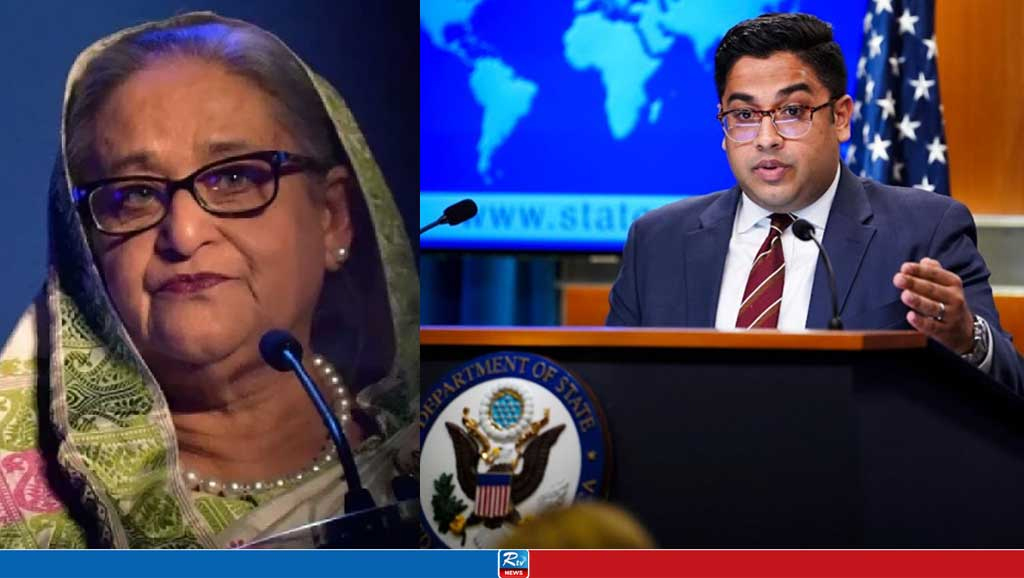
Chinese National charged with Acting as Beijing's Agent in Local California Election

Can China Shield the Biggest Uninsured Economy From Floods?

China Taken Efforts Consistent with 'Transnational Repression': US
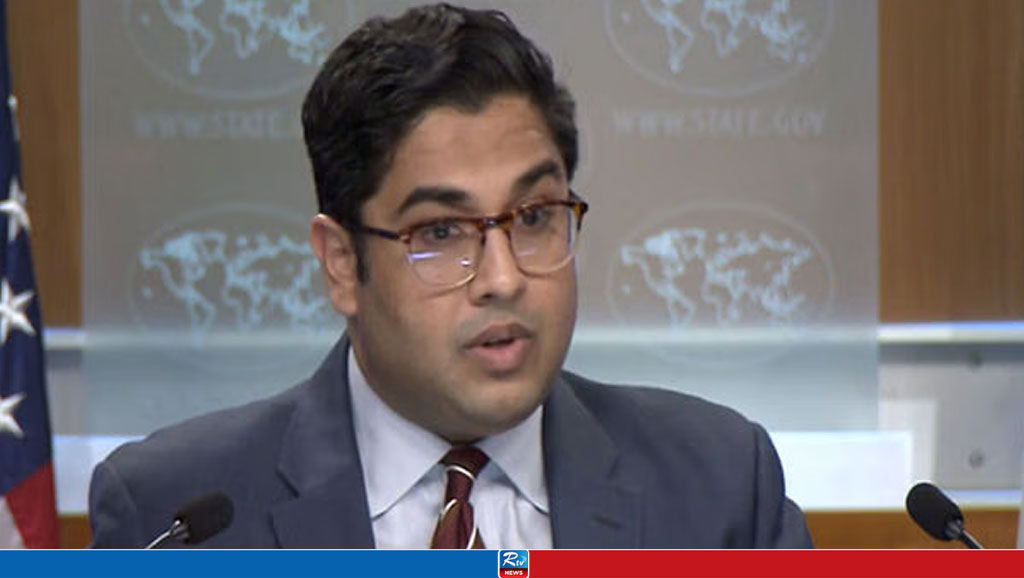

 Live Tv
Live Tv

